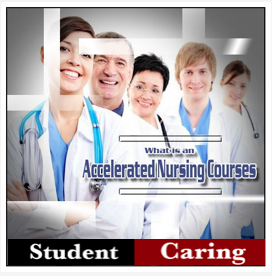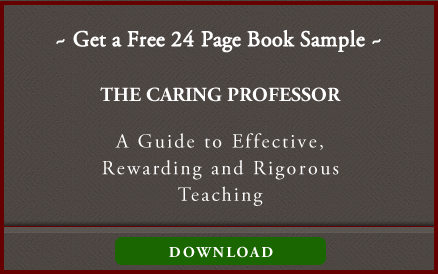You may have acquired a college degree that would allow you to demonstrate your strengths or exceptional skills in a particular field, such as business management, industrial design, or chemical engineering, for example. But as you browse through the papers and discover that the United States Department of Labor has projected a need for more than a million new and replacement registered nurses by 2020, you may be inspired to pause and consider your career options. Perhaps, you realized that you would like to make a contribution to the healthcare industry, or you feel you can find a more stable future as a registered nurse. If you’re thinking along these lines, then there are steps you can take to make that career transition and find the fulfillment that you seek.
It doesn’t matter if you’re a non-nursing graduate; today, there are plenty of established learning institutions that offer accelerated nursing  courses you can take. What is an accelerated nursing program, you ask? It’s an innovative approach to nursing education that can help individuals holding degrees in other disciplines transition to the nursing profession.
courses you can take. What is an accelerated nursing program, you ask? It’s an innovative approach to nursing education that can help individuals holding degrees in other disciplines transition to the nursing profession.
According to the American Association of Colleges of Nursing, there are fast-track baccalaureate programs that take between 11 and 18 months to complete, while fast-track master’s degree programs can take about three years to complete. These programs offer intense instruction; courses are offered full-time, with no breaks in between sessions. This ensures that students receive the same number of clinical hours as students in traditional entry-level nursing programs. As such, students of accelerated programs are advised not to work while taking the course as they will need to channel their full focus and time to the rigor of completing the degree requirements.
Because students of second degree accelerated BSN programs have already completed training in a different discipline and demonstrated an ability to succeed in a college or university environment, they are prized by nurse employers who recognize the level of skill, education and experience that they possess. After finishing this program, you will find yourself in the quickest route to obtaining licensure as a registered nurse. And you will have proven your motivation and mettle for academic achievement and clinical skills, which all make you an ideal nurse or nurse educator who can do much to revitalize the country’s nursing field.
Having finished an undergraduate degree in a non-nursing discipline is no reason to be discouraged from pursuing a career in nursing to stem the country’s shortage of qualified professionals and making a difference in the health and lives of people in need of quality medical care. Thanks to accelerated programs, you can build on your previous learning experience and gain the qualifications to be a nurse with valuable, life-changing knowledge and skills.
Author: Calvin John Mcphee- an educational consultant by profession who strongly recommends http://acceleratednursingcourses.com/ for those who want to get a nursing degree.
On behalf of the Student Caring International Community, THANK YOU CALVIN for your guest contribution: What You Need To Know About Accelerated Nursing Courses.
Why Your Opinion Matters:
Our book:The Caring Professor: A Guide to Effective, Rewarding, and Rigorous Teaching, was written with feedback from many educators and students, which was our plan all along. We began by outlining our thoughts on a series of topics, then we recorded them to share with the world. From the feedback we received, we were informed about the needs of the student caring community. We need your feedback so we may continue to fulfill our mission statement and help students, the world over.
Thank you!
Daniel & David


0 Comments